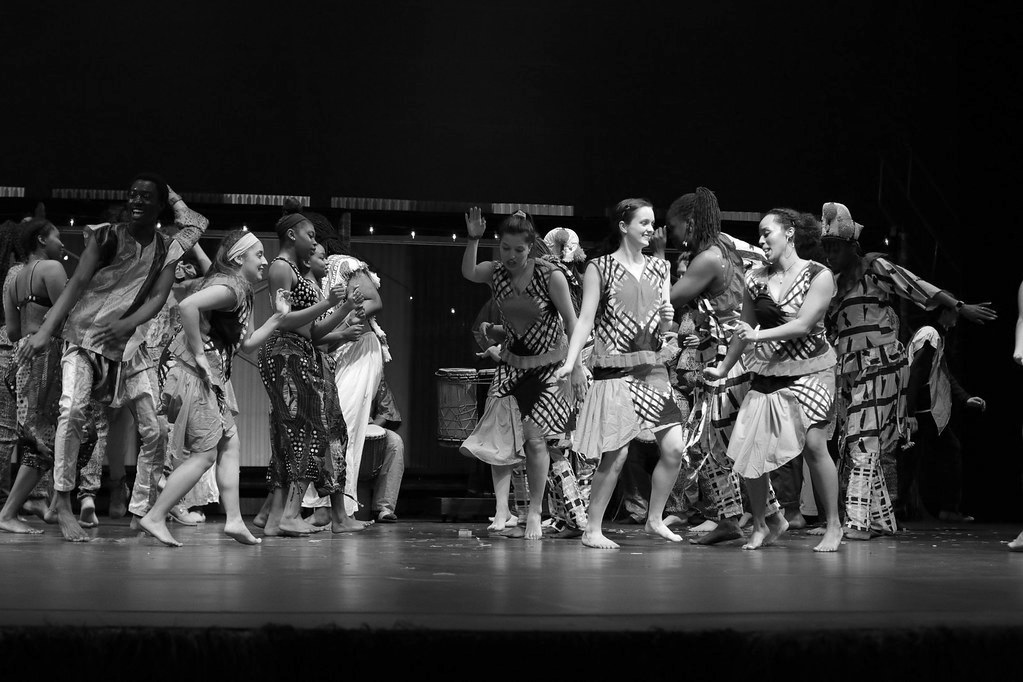Two weeks ago, we published a comic detailing students battling the latest illnesses in class (The Oberlin Review Editorial Cartoon, (Feb. 23, 2024). We were met with amused responses from our peers as we all agreed that the flu, the cold, COVID-19, and the norovirus had turned most classes into sick wards. These illnesses, especially norovirus, can spread through communal bathrooms and dorms, making places like Oberlin a hotspot for an outbreak. The Northeast, in particular, seems to be increasing in norovirus cases, with 13.4 percent of the most recent norovirus tests returning positive as of last week. With this being said, the Editorial Board wishes to remind students to wash their hands, wear masks, clean up their community spaces, and rest.
We understand that this is easier said than done. Students are often allotted two to three absences in a class before risk of grade reduction or interference from their professor. Rather than risk academic consequences, we often end up putting on a mask and braving the classroom. But these exact practices are what make us sicker in the first place. Academic institutions were not built to help their students with their mental or physical health. When students are sick, there is a heavy emphasis on still handling their academic responsibilities rather than giving them space to recover. Of course, students need to maintain communication with their professors when they’re ill, but what about the importance of self-care during this time? It can be taxing for anyone to overextend themselves to stay on track academically, especially when sick. They should be allowed to have the time to recover. Being sick ismentally and physically straining; it’s hard for students to focus on completing work.
To zoom out even further, not many places in our society allow for rest, as capitalism and other ‘isms’ make it difficult to see ourselves as more than just academic weapons or tools for production. Politicizing rest and prioritizing it as much as our schoolwork helps to dismantle systems that condition us to push past our limits. It may seem dramatic to be highlighting rest as a form of resistance, but getting sicker for the sake of school isn’t okay. We also are a generation who has seen firsthand the importance of distancing ourselves from each other when sick. Despite relaxed pandemic protocols from the CDC, COVID-19 is still very present in our community, and we are told that under no circumstances are we to go to class if we test positive. But we should also hold space for other contagious illnesses as people can even show similar symptoms and be unaware that they have COVID-19.
Thus, we should treat every illness — with the understanding of the larger impact that COVID-19 has on many communities — as something we want to avoid giving to others. Not everyone can easily bounce back after the common cold, flu, or COVID-19. Individuals with immunodeficiencies and other preexisting conditions are more likely to develop complications from illnesses. The worry that we feel about surges in sickness in our area today is the constant reality for many people. It’s important to remember that taking extra precautions such as masking and washing your hands can protect more people than you realize. While we understand that at times it can be hard to remember to take these precautions as stress from academics and activities runs high, incorporating these safety measures into your daily routine will allow for people to focus on other priorities without worrying about getting sick or getting other people sick.
The compassion that educators and institutions offered during the height of the COVID-19 pandemic faded into obscurity. When many pandemic restrictions were in place, there were more accommodations to help students who felt physically or mentally unwell. Now, the Biden administration is stopping mail-home rapid testing, the CDC has shortened quarantine guidelines for COVID-19, and our world is trying to move onto a new phase of “normalcy.” With these guidelines and restrictions removed, the simple idea that people get sick and need rest to feel better is feeling more like a radical statement, when in reality, it is needed more than ever.
We can also look to the practice of Radical Rest when asking ourselves how to prioritize care for our community. While traditionally used to help BIPOC communities, Radical Rest is an ideology that resists late-stage capitalism. It promotes having community events centered around health justice; rest; and the mind, body, and spirit. There should be just as much initiative to facilitate this practice as there is to enforce strong academic performance.
Editorials are the responsibility of the Review Editorial Board — the Editors-in-Chief, Managing Editor, and Opinions Editors — and do not necessarily reflect the views of the staff of the Review.



